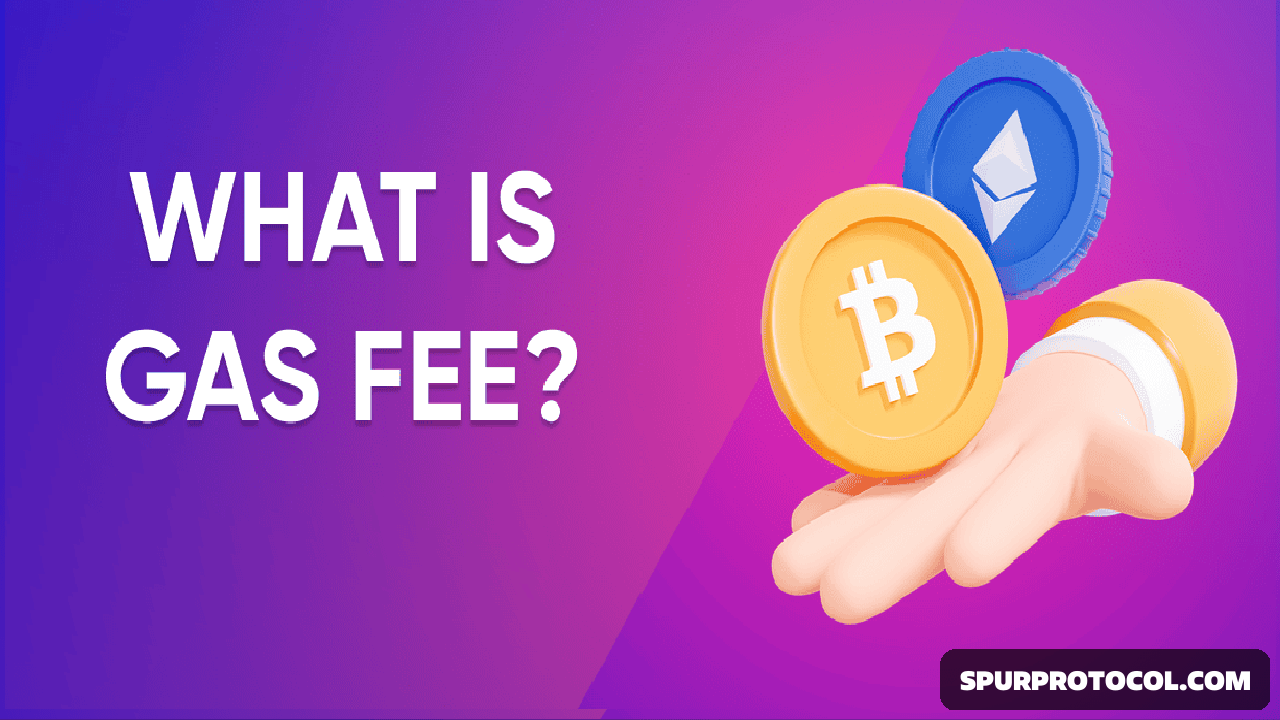Gas Fees: The Cost Of Blockchain Transactions.
Gas fees, which are frequently linked with cryptocurrency platforms like Ethereum, are the expenses required to conduct transactions on a blockchain network. In addition to covering the cost of processing and validating transactions, these fees also help to keep the blockchain secure and functional.
Essentially, gas fees are paid whenever you carry out any kind of blockchain operation, including asset transfers, smart contract execution, and decentralized application interaction.
Go Back

🕒 8:39 AM
📅 Mar 29, 2025
✍️ By Joechukx
How Are Gas Fees Calculated?
Usually, the native coin of the blockchain is used to represent gas fees. For example, Ethereum utilizes gwei, a lesser Ether (ETH) denomination. The quantity of gas that users are prepared to spend per unit of computation is specified when they start a transaction. Complex transactions, like the execution of smart contracts, cost more since they demand more processing power.
Elements That Affect Gas Prices
Gas fees are influenced by a number of factors:
Network Demand: Gas prices may increase dramatically during periods of high consumption when the network is overloaded due to user competition for speedy transaction processing.
Transaction Complexity: Simpler processes, such as transmitting Ethereum, are less expensive than more complicated ones, such as carrying out Decentralized Finance (DeFi) protocols.
Gas Fees' Function
Several functions are fulfilled by gas costs in blockchain ecosystems:
Economic Incentive: They give miners and validators money in exchange for keeping the network running.
Prevention of Spam: Blockchain networks deter malevolent players from overselling the system by charging costs.
Network Security: By ensuring the effective allocation of computational resources, fees protect the network's integrity.
